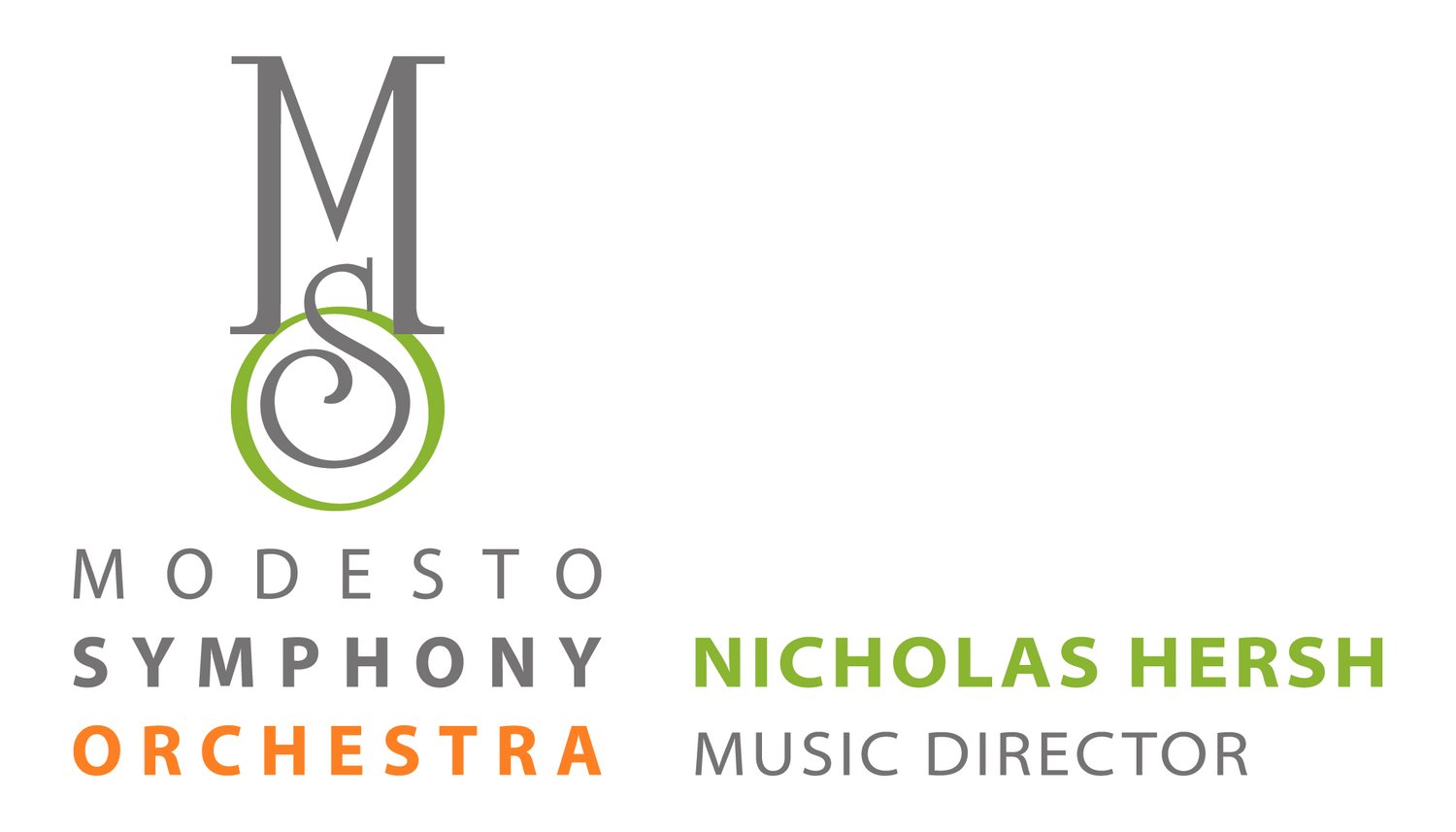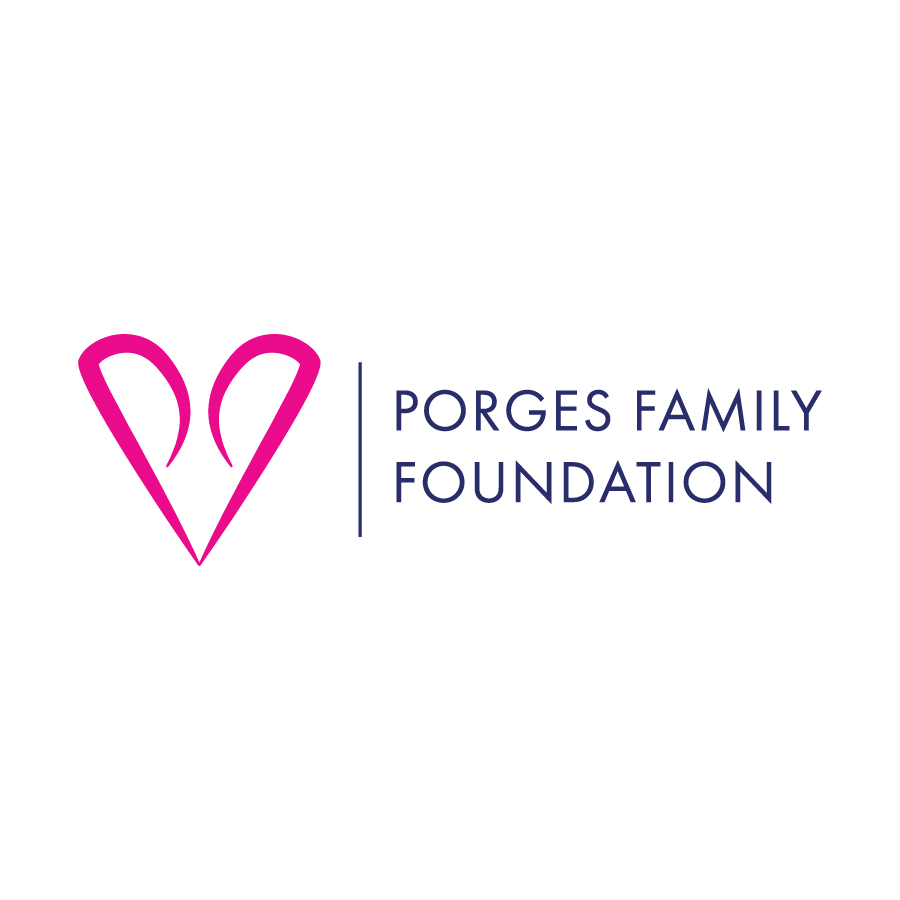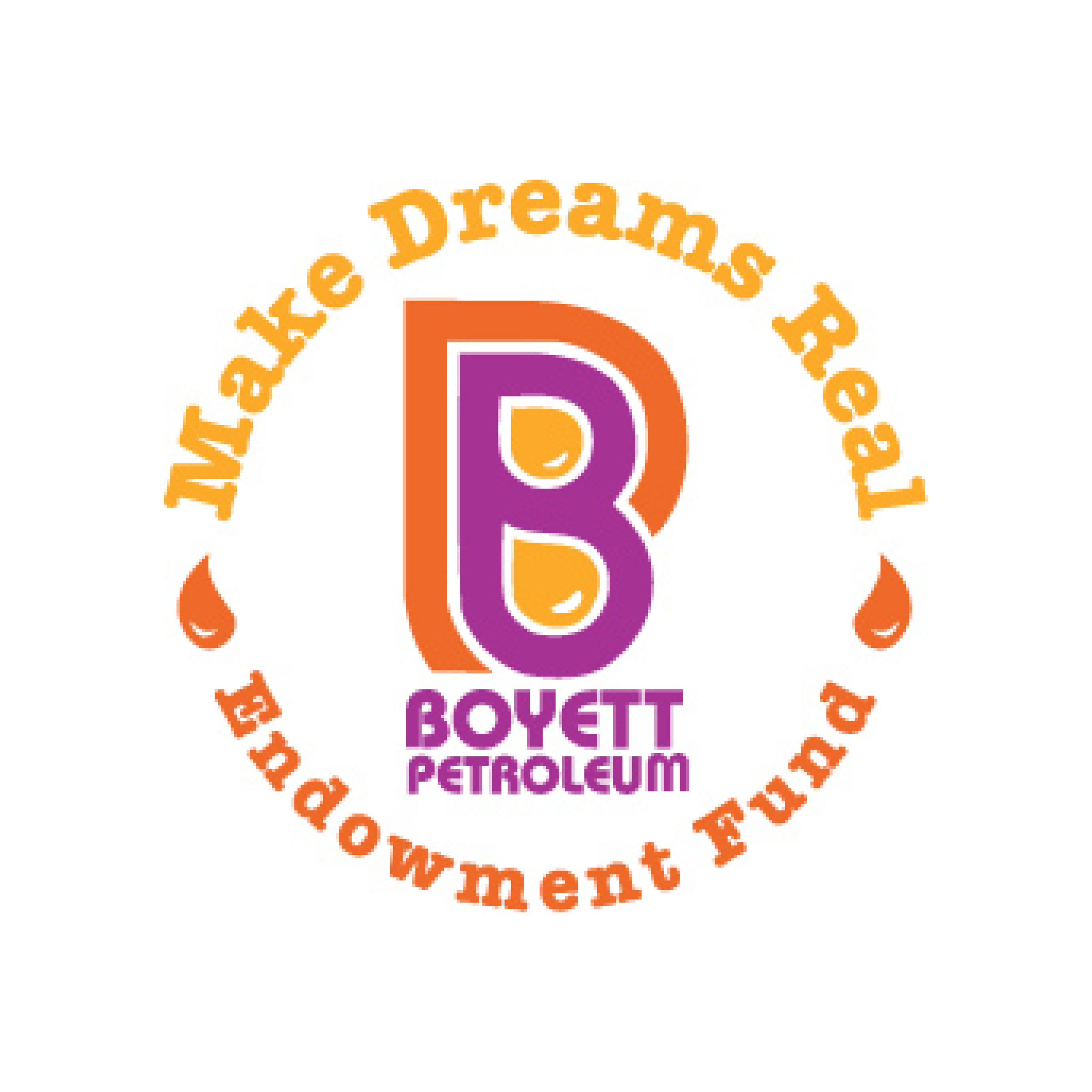Listen to the following video, does anything sound familiar?
You may hear similarities between Korngold’s Main Theme from the movie Kings Row (1942) to the very recognizable main theme from the Star Wars franchise, composed by John Williams in 1977. In fact, Williams has cited Korngold as his main inspiration when composing for Star Wars. While Korngold did not start his career with Hollywood in mind, his legacy has left a lasting impact on film and classical music history.
Erich Wolfgang Korngold, composer
Erich Wolfgang Korngold was born in 1897 to a Jewish family in Austria-Hungary, his father was a prominent music critic of the time. A child prodigy, he began writing his own music by age seven, and by the age of 11 wrote his first ballet Der Schneemann (The Snowman). He had a very active composing career from then into his 20s, writing music for operas, ballets, orchestral scores, and more.
In 1934, producer and director Max Reinhardt invited Korngold to Hollywood to adapt Felix Mendelssohn’s A Midsummer Night’s Dream (1935) incidental music for film. Korngold would then continue to establish himself in Hollywood, even winning his first Academy Award for his work on Anthony Adverse (1936).
Before he began composing for The Adventures of Robin Hood in 1938, Austria was invaded by Germany, and his home was confiscated by the Nazis. Korngold had the fortuitous opportunity to stay in America to help support his family until the end of World War II. He noted that the opportunity to compose for The Adventures of Robin Hood and stay in America likely saved his life. Korngold would go on to win his second Academy Award for that movie score and would ultimately establish the symphonic style that would be later used in action films during Hollywood’s Golden Age.
Errol Flynn as Robin Hood in The Adventures of Robin Hood (1938)
For The Adventures of Robin Hood, a movie that launched actor Errol Flynn’s career, Korngold used a technique from his opera background, of incorporating leitmotifs, or short recurring musical phrases, for specific characters as they show up on screen. Korngold wanted the music to be sophisticated but still accessible to the public and he achieved so by incorporating leitmotifs. He realized that if there were recurring themes throughout the film, this would help the audience better understand what’s going on in the film by creating synergy between the narrative and the score. He would slightly alter the motifs in “thematic transformation” to fit whatever is going on screen. A similar technique can be found in Beethoven’s Symphony No. 9, for example, where in the final movement, Beethoven restates and reinterprets the previous themes introduced in the first three movements.
Korngold had vowed to give up composing anything other than film music until Hitler had been defeated. At the end of World War II, he retired from films to concentrate on music for the concert hall. Facing previous criticisms that assumed he was only successful as a film composer, who sold himself to Hollywood, he was determined to prove himself by producing a work that displayed his virtuosity. His Violin Concerto was the first work that he penned after the end of World War II in 1945. He was deeply affected by the criticism of being a “Hollywood sell-out,” and sought to validate his life’s work. Korngold borrows his own themes from his movie scores. The first movement features themes from Another Dawn (1937) and Juarez (1939), the second quotes Anthony Adverse (1936), and the final movement has themes based on the main motif from The Prince and the Pauper.
His Violin Concerto in D Major was dedicated to Alma Mahler, the widow of his childhood mentor, Gustav Mahler. It premiered on February 15, 1947 by Jascha Heifetz and the St. Louis Symphony, under the baton of Vladimir Golschmann. Heifetz’s performance secured Korngold’s place in standard repertoire and continues to be a popular piece performed to this day.
Be transported back to the Golden Age of Hollywood on March 4 & 5 with the MSO in Korngold & Dvorak, featuring Korngold’s Violin Concerto performed by Charles Yang!
Listen to Korngold’s Legacy Live!
Come watch Charles Yang perform Korngold’s Concerto in D Major for Violin, conducted by Akiko Fujimoto this March 4th & 5th at the Gallo Center for the Arts!
Learn more about Korngold (Reference):“Erich Wolfgang Korngold.” Wikipedia, https://en.wikipedia.org/wiki/Erich_Wolfgang_Korngold“Violin Concerto (Korngold).” Wikipedia, https://en.wikipedia.org/wiki/Violin_Concerto_(Korngold)Horton, Cole. “From World War to Star Wars: the Music.” StarWars.com, 16 Sept. 2015, https://www.starwars.com/news/from-world-war-to-star-wars-the-musicRoss, Alex. “Erich Wolfgang Korngold: The Opera Composer who went Hollywood.” New Yorker Magazine, 12 Aug. 2019, https://www.newyorker.com/magazine/2019/08/19/erich-wolfgang-korngold-the-opera-composer-who-went-hollywoodSteinberg, Michael. The Concerto: A Listener’s Guide. New York, New York: Oxford University Press, 1998. https://archive.org/details/concertolistener00stei
























